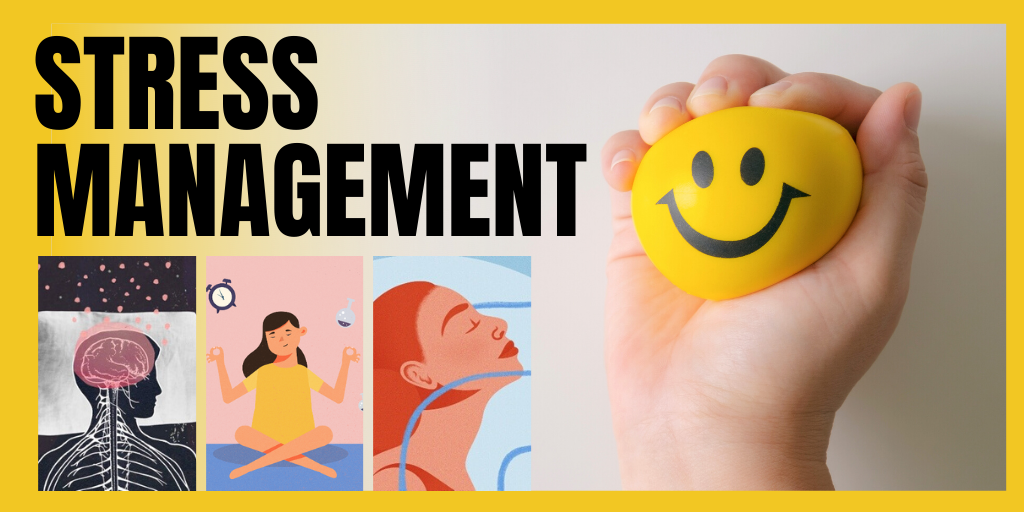Stress is a natural human experience. When faced with a challenge, our bodies react with physical, mental, and emotional responses (Cleveland Clinic 2015) (Robinson, Smith and Segal 2018). Everyone experiences stress from time to time. Often the short-term stressful situations that we face in everyday life (acute stress) can be beneficial to your health and help you cope with potentially serious situations. However, too much constant stress (chronic stress) can have negative effects on your long-term health.
This year has bought many challenges all around the globe. With ongoing changes to work, school, travel, and social gatherings, the coronavirus pandemic may be a stressful and frightening experience for many people. Experts say the psychological impacts of the coronavirus pandemic could be significant, from causing anxiety and make people feel overwhelmed due to constant news updates, to loneliness due to isolation and social distancing rules, and helplessness towards the impact it has had on people all around the globe who have lost loved one (The Skill Collective, 2020b).
What Can I do
Stress management starts with identifying the sources of stress in your life then requires you to either change the situation or change your reaction. When deciding which option to choose, it is helpful to think of the four A’s (Robinson, Smith and Segal 2018):
- Change your reaction:
- Adapt to the stressor
- Accept the stressor
- Change the situation:
- Avoid the stressor
- Alter the stressor
The overwhelming amount of news updates about the coronavirus pandemic can cause a lot of fear and anxiety. Some examples of how to change your reaction and change the situation can be achieved by, accepting the things that are out of your control and focus on what is within your control, such as limiting your news consumption (The Skill Collective, 2020b). While it is important to stay informed, using trusted and reliable news sources can help you through this time of uncertainty (Beyond Blue, 2020c).
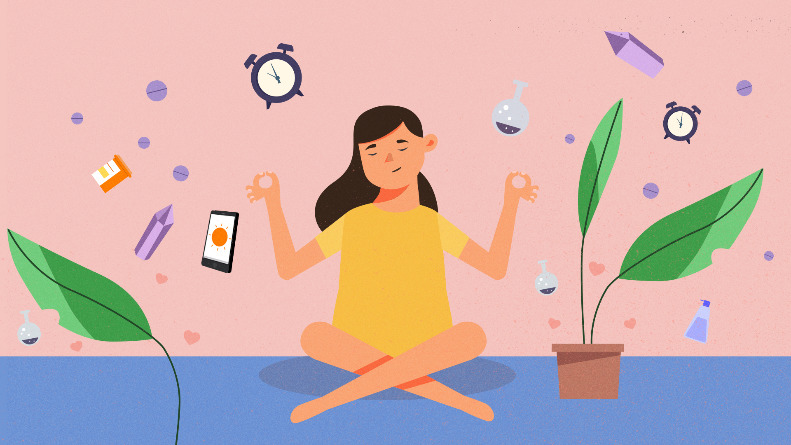
Alter your mindset
During any difficult time, it is important to focus on building a positive mindset by taking the time to check in with yourself, identifying and adjusting any negative or unhelpful thoughts to avoid worsening your mood (The Skill Collective, 2020b).
Taking a few minutes to practise mindfulness, can help produce a sense of calmness (Reach Out Australia 2020). You can practice mindfulness by focusing your attention on the present moment. It may help to ask yourself the following questions:
- What sounds can you hear?
- What can you smell?
- Can you feel a breeze or is the air still?
- What can you see?
- Are you tired or hungry?
- What emotion are you feeling?
Taking a few moments to practice mindful breathing, can decrease stress and induce a state of calmness (Reach Out Australia 2020). You can practice mindful breathing, at any moment of the day, with your eyes closed or open. Try to think about if you are breathing fast or slow, think about what it sounds like and where you feel the breath in your body. Take a few deep breaths and notice how it changes your breathing.
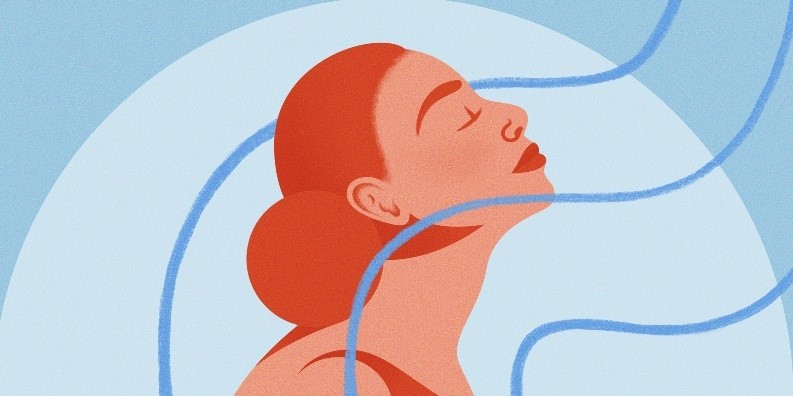
![]() Stay physically healthy
Stay physically healthy
It is important to look after your body during times of stress and stay healthy by eating well-balanced meals and exercising regularly. Your body responds better to stress when your overall wellbeing is healthy (The Skill Collective, 2020b). There are many different types of exercise which can be done from the comfort of your own home.
Yoga with Adriene is a well-loved yoga channel, with classes lasting from five minutes through to an hour.
Nike Training Club is an app which offers expert nutrition guidance and a wealth of free workouts you can do from home that will help you stay active during this time of social distancing.
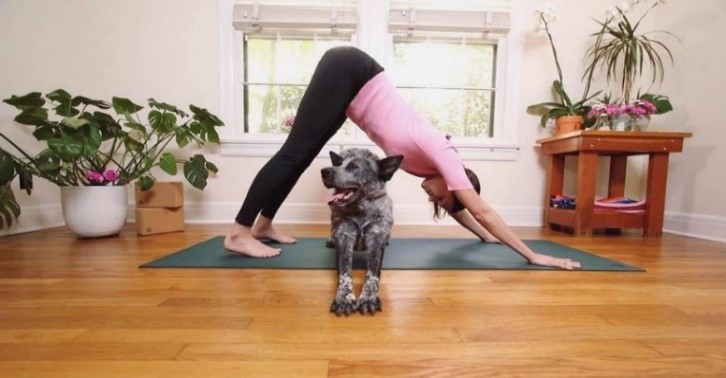
Take time for yourself
While access to family and friends is limited, it is important to understand the value of self-care and understand that self-care does not constitute selfishness (Beyond Blue 2020a). Being selfish limits your ability to give to others, whereas self-care enhances it, and by focusing on your own wellbeing, you put yourself in a far better position to support others (Beyond Blue 2020a).
Being kind to yourself and practising self-care contributes positively to your wellbeing and helps you reset and recharge. During challenging times, it is important to take some time for yourself to do something that relaxes you. For some that may mean reading a book, making a home-cooked meal or baking some treats, painting, listening to music, meditating or even exercise (The Skill Collective, 2020b).
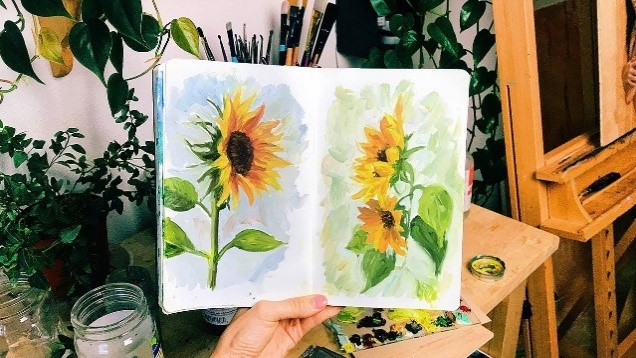
Get enough sleep
Sleep is an important aspect of your overall wellbeing; getting enough rest helps the body recover from stressful events. Research shows that quality sleep at night helps you better manage your emotions during the day, supporting good mental health (Beyond Blue 2020b). Some tips for getting a good night’s sleep include being consistent around bedtime by keeping a routine, keep your bed for sleeping only by avoiding reading, watching TV or using your phone in bed and avoiding napping during the day (Beyond Blue 2020b).
Achieving a better quality of sleep may include tiring yourself through exercise, but it is important to try to do this in the first half of the day, so that you may start calming your mind and body in the afternoon (Beyond Blue 2020b). Bright screens, alcohol, caffeine, and nicotine stimulate your brain, keeping you alert. Limiting your intake of alcohol, caffeine and nicotine 4-6 hours before bed and avoiding the use of devices two hours before bed will reduce stimulation and allow your body to calm down before bed.
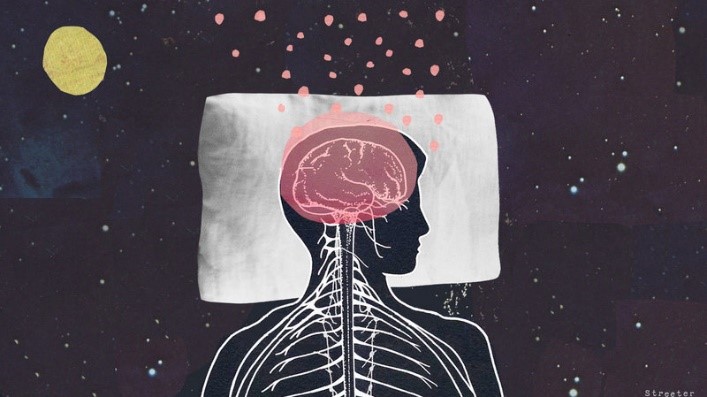
![]() Connecting with loved ones and reaching out for help
Connecting with loved ones and reaching out for help
Connecting with your loved ones is an important factor to wellbeing and happiness. While we may be restricted from visiting close friends amidst the current global pandemic, finding new ways to keep in touch can help us stay connected. So, take the time to call or face time your friends and family, and check-in with how they are managing during this stressful time.
Spending time with your immediate household and being present with them (focussing your full attention and engaging in active listening) is a simple way to nurture your relationship during this stressful time (The Skill Collective 2020a). Research has shown that positive relationships are linked to lower levels of psychological distress and lower occurrences of depression.
Reaching out to a psychologist or other mental health professional trained in stress management can help you learn more healthy ways of dealing with stress. Many phycologists are offering telehealth appointments to adhere to the current social distancing rules which can allow you to speak to an experienced professional from the comfort of your own home.

Useful resources
Beyond Blue
Beyond Blue is an Australian independent non-profit organization working to address issues associated with depression, suicide, anxiety disorders and other related mental disorders. Among their range of information and strategies to help support our social and emotional wellbeing, they have produced a webpage which focuses on 10 Ways to Take Care of Yourself During Coronavirus.
The Skill Collective
The team of experienced phycologists at The Skill Collective have delivered some great tips and resources for managing stress and your mental wellbeing. They have produced a wealth of tip sheets to help you with any situations you may be struggling with, access to their recourse library is free and available via their website. The 14-day Wellbeing Challenge is an email-based interaction designed by The Skill Collective, which provides a daily task to help boost your wellbeing. The 14-day Wellbeing Challenge is a wonderful experience even for those not dealing with hardship and a friendly reminder to be aware of your physical, mental, and emotional state.
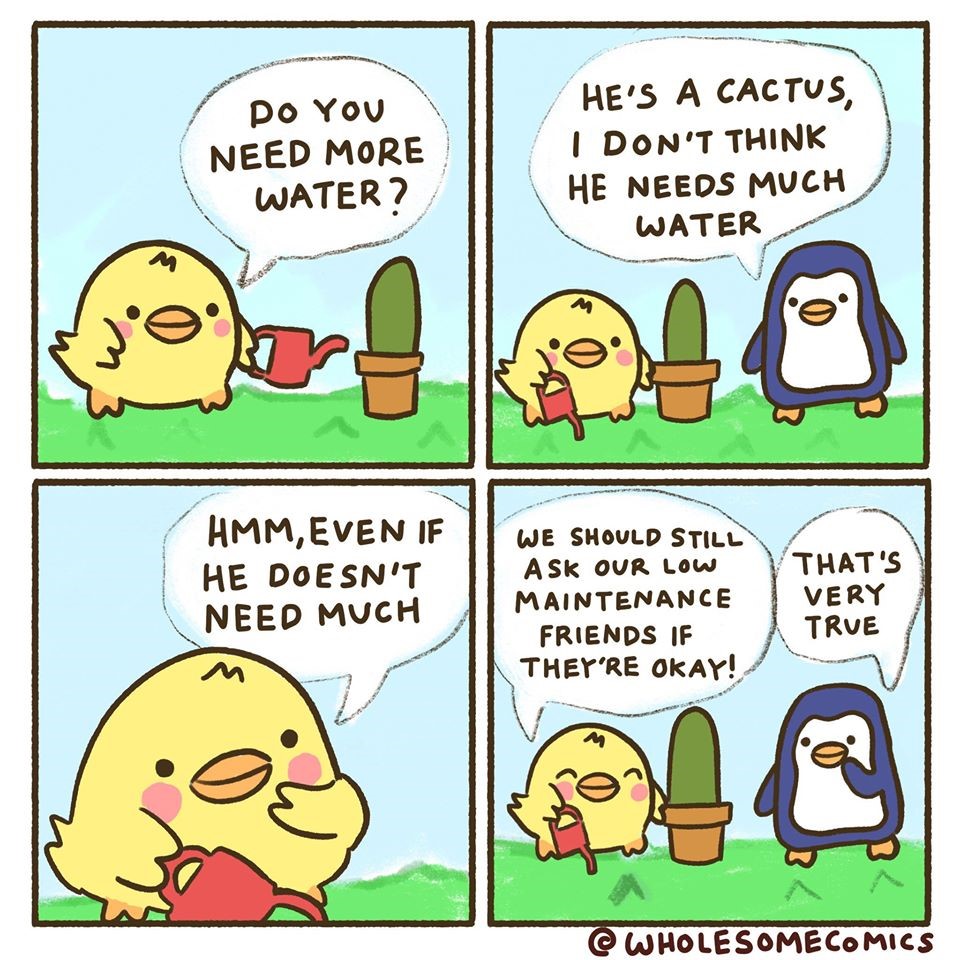
Reach Out Australia
ReachOut.com is an internet service for young people that provides information, support, and resources on a range of topics relating to mental health issues. Given the current climate, Reach Out Australia have developed a handful of articles which offer information related to Coping During Coronavirus.
Support lines
- Kids Helpline is a phone and online counselling service available 24/7 for young people ages 5 – 25. Visit kidshelpline.com.au or call 1800 55 1800.
- Lifeline is a national charity providing all Australians experiencing a personal crisis with access to 24-hour crisis support and suicide prevention services. Visit lifeline.org.au or call 13 11 14.
- The National Coronavirus Helplineoperates 24 hours a day, seven days a week offering information on coronavirus and can be accessed by calling 1800 020 080.
At Integrate Sustainability we hope all our friend and clients are taking care of themselves and family and if you need a hand or just want to chat, please give us a call on 9468 0338. We look forward to catching up with everybody face to face at some point in the near future.
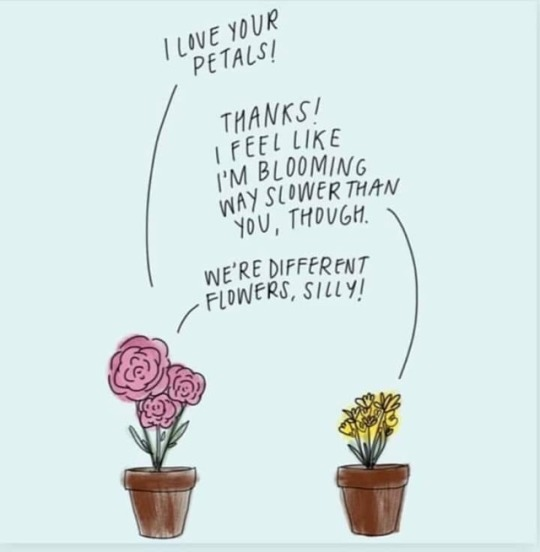
References
Beyond Blue. 2020b. Tips for getting a good night’s sleep. Accessed April 14, 2020. https://coronavirus.beyondblue.org.au/managing-my-daily-life/coping-with-isolation-and-being-at-home/tips-for-getting-a-good-nights-sleep.html.
—. 2020a. Why you should do something for yourself everyday. Accessed April 14, 2020. https://coronavirus.beyondblue.org.au/managing-my-daily-life/coping-with-isolation-and-being-at-home/why-you-should-do-something-for-yourself-every-day.html.
Beyond Blue,. 2020c. 10 Ways to Take Care of Yourself during Coronavirus. Accessed April 14, 2020. https://coronavirus.beyondblue.org.au/managing-my-daily-life/coping-with-isolation-and-being-at-home/10-ways-to-take-care-of-yourself.html.
Cleveland Clinic. 2015. Stress . Accessed March 18, 2020. https://my.clevelandclinic.org/health/articles/11874-stress.
Reach Out Australia . 2020. Mindfulness – is it for you? Accessed April 14, 2020. https://au.reachout.com/articles/mindfulness-is-it-for-you.
Robinson, Lawrence, Melinda Smith, and Robert Segal. 2018. Stress Management: How to Reduce, Prevent, and Cope with Stress. Accessed March 18, 2020. https://www.brainline.org/article/stress-management-how-reduce-prevent-and-cope-stress.
The Skill Collective. 2020a. Staying Social Whilst Socail Distancing: How to Remain Connected in the Time of Coronavirus. Accessed April 14, 2020. https://theskillcollective.com/blog/coronavirus-social-distancing.
The Skill Collective,. 2020b. Coping with Coronavirus. Accessed April 14, 2020. https://theskillcollective.com/coronavirus-mental-health-tips.

